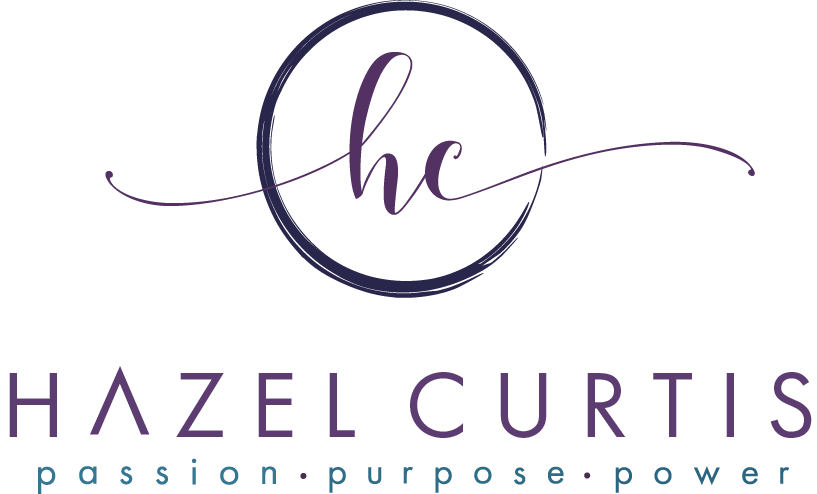The King Family
Grab your deck – here is another character you may know nothing about --- but then again, if you’ve been in healthcare for a bit of time – you truly know this one.
I know that you’ve met him lurking in your halls, you’ve even felt very guilty about your inability to “fix” this character. Society doesn’t want to think about this card, but he is everywhere we work. We may see him in our waiting room, our exam room, our patient care area – we may see him lurk behind the eyes of our colleagues. If we are honest, we may occasionally see him looking back at us from our mirror.
Who is he? Why does he keep hounding us? Can’t we fix him?
The King Family
Like the uniqueness of the two one-eyed Jacks; there is also something unusual about the King of Hearts. (Go ahead, check your deck, we’ll wait!) Each of the Kings holds some type of dagger in their hand. In Diamonds, Spades, and Clubs, the dagger is held in the hand to the side of the shoulder. However, the King of Hearts has it plainly lifted and stuck into his head. For this reason, he is called the Suicide King. Again, there is no explanation as to why this card is drawn this way. Yet it certainly seems analogous to the prevalence of depression and suicide within patient populations and local communities.
Studying the Kings, it is easy to overlook the small, yet significant, location of the dagger. When we provide healthcare to our communities, it is usually easier to diagnose the physical maladies. Mental illness, suicidality, and depression can be shrouded and hidden by the patient and his family. It is encouraging to see the recent efforts to remove the stigma of mental illness. The word “illness” implies that it is more than something strong-mindedness can overcome. When we begin to understand the many chemical factors that bathe our brains, we realize that psychosis is no more unusual than diabetes.
The King of hearts also provides a lesson directed at all of us in the healthcare profession. Self-blame and guilt must be put into proper perspective. Often struggling with less than optimal outcomes, we frequently blame ourselves for not having recognized, offered, or intervened effectively. We hold ourselves accountable in areas completely beyond our control. We often perform a great deal of self-flagellation with the “woulda - coulda - shoulda” mentality. We all took an oath to help and not hurt, so we feel like we’ve let down our very profession. At the same time, after many years in healthcare, I’ve come to realize, I am only human, and God has not given me the ability to see the future. My duty is to be of service to those in my path, to always provide care that is respectful, and to leave the rest to the divine.
Being honest with what we can and cannot cure is important. Healthcare professionals must openly share what is successful and what yet needs support. We must shed our “god complexes” and see ourselves as fellow journeyers within our communities. To be in service with others creates favorable circumstances to discover that which has yet to be recognized. Operating in isolation, or worse, hoarding our knowledge denies the greater health community opportunities to leverage our talents and strengths.
With all of healthcare’s collective knowledge, medicines, and specialty services, it would seem that a cure for so many illnesses is just around the corner. When friends share a troubling diagnosis, I often remind them that the twenty-first century is a great time to have such a problem as healthcare has made (and is making) incredible strides in so many areas. If a physician pronounced that a person was suffering from congestive heart failure or diabetes in the 1960s, the newly diagnosed patient would not have had many more months to live. In fact, chronic disease, or chronicity did not exist prior to the sixties. People died of all sorts of things that are now quite treatable.
The dilemma nowadays is with a treatment’s exorbitant cost. We can manage a broad range of diseases and illnesses through costly treatments and pharmaceuticals. Yet, the same healthcare dollars could provide broad scope disease prevention strategies to millions. This conversation must start happening in open forums. What is talked about today comes to exist tomorrow. The future does not yet exist, except as it’s called into being. It’s in this spirit that Alice Morse Earle wrote:
Yesterday is history,
tomorrow a mystery
but today is a gift,
that is why it is called the PRESENT
So here are the questions I want you to ask yourself:
1) Where have you seen the King of Hearts lately?
2) What conversations are you holding with colleagues, friends and family surrounding mental health, homelessness, depression, suicidality
3) If you know someone dealing with mental health crisis, do you know where to find resources?
4) What is your comfort level in talking with patients, families, or friends?
Let me know your thoughts – hear your solutions – creating the future starts today, my friend

